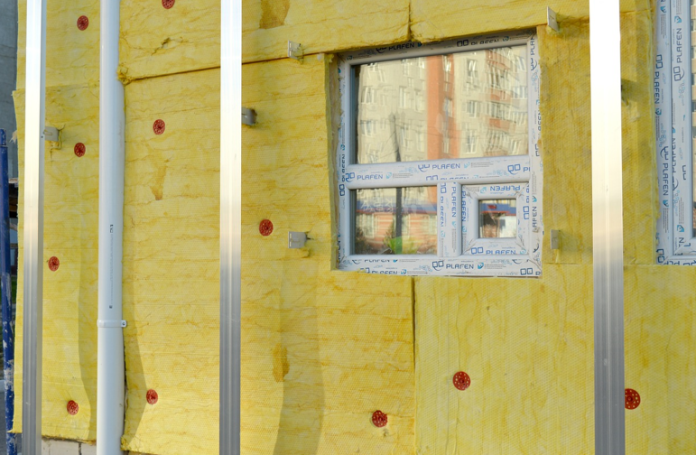Insulating your home is one of the most crucial steps in creating a comfortable and energy-efficient living space. A well-insulated home prevents heat from escaping during the winter and keeps it out during the summer, ensuring year-round comfort. Beyond comfort, insulation plays a pivotal role in reducing energy costs, as it minimizes the need for excessive heating or cooling. Effective insulation can also help reduce your carbon footprint, making it a practical choice for environmentally conscious homeowners. Understanding the importance of insulation is the first step toward improving your home’s energy efficiency and sustainability.
Types of Insulation Materials
Selecting the right insulation material for your home depends on various factors, including climate, budget, and the area you plan to insulate. Common options include fiberglass, spray foam, cellulose, and rigid foam boards. Fiberglass is a popular and cost-effective choice for walls and attics, while spray foam offers superior air sealing for hard-to-reach areas. Cellulose, made from recycled paper, is eco-friendly and works well in attics. Rigid foam boards are ideal for basement walls and roofs due to their moisture resistance. Each material has its benefits and limitations, so understanding their properties can help you make an informed decision tailored to your needs.
Choosing the Right Place to Buy Insulation
When it comes to buying insulation, choosing the right supplier is essential for both quality and price. You can choose to visit local hardware stores or specialized dealers, but many homeowners prefer the convenience of shopping online. If you decide to buy insulation online, you’ll find a wide variety of products, from fiberglass to spray foam, with the added benefit of easy comparison between prices and brands. Shopping online also allows you to read customer reviews and have your insulation delivered directly to your door, making it a convenient and efficient option.
Key Areas to Insulate in Your Home
Effective home insulation requires targeting specific areas where heat loss or gain is most significant. The attic is often the primary focus since heat rises and can escape through poorly insulated roofs. Walls, floors above unheated spaces, and basements are also critical areas to address. Windows and doors should be sealed to prevent drafts, and crawl spaces should be insulated to maintain consistent temperatures. Identifying these key areas ensures that your insulation efforts are comprehensive and yield the maximum benefits in terms of energy savings and comfort.
Benefits of Proper Home Insulation
Investing in proper home insulation offers numerous benefits beyond temperature regulation. It significantly reduces energy bills by improving your home’s energy efficiency. Insulation also contributes to noise reduction, creating a quieter indoor environment by minimizing outside disturbances. Moreover, a well-insulated home is less susceptible to issues like condensation and mold, which can damage structures and impact indoor air quality. These advantages make insulation a worthwhile investment that enhances both your living experience and the long-term value of your property.
DIY vs. Professional Installation
Homeowners often wonder whether to tackle the project themselves or hire professionals. DIY installation can save money, especially for straightforward tasks like laying fiberglass batts in an accessible attic. However, professional installation ensures precision, particularly for complex areas like walls or spaces requiring spray foam. Experts have the tools and expertise to guarantee optimal coverage, which can result in better energy efficiency. Weighing the cost savings of DIY against the reliability of professional services can help you determine the best approach for your project.
Insulating your home effectively is an essential step toward creating a more comfortable, energy-efficient, and eco-friendly living environment. From selecting the right materials to targeting key areas and maintaining insulation over time, each step plays a vital role in achieving optimal results. Whether you choose to handle the project yourself or enlist professional help, prioritizing insulation is an investment that pays off in reduced energy bills, enhanced comfort, and a smaller environmental footprint.



